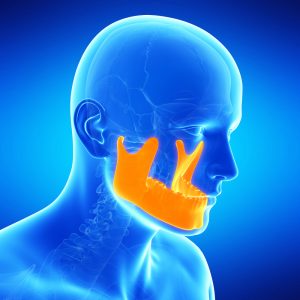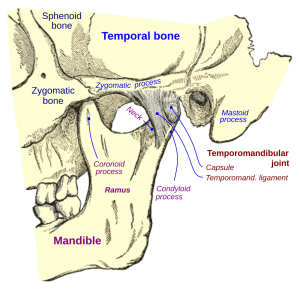Trigeminal neuralgia (TN) is one of the most common causes of facial pain. Also called tic douloureux, it is a condition that is characterized by intermittent, shooting pain in the face. Trigeminal neuralgia affects the trigeminal nerve, which sends impulses of touch, pain, pressure, and temperature to the brain from the face, jaw, gums, forehead, and around the eyes.
Trigeminal neuralgia is often considered one of the most painful conditions seen in medicine. Usually, the pain is felt on one side of the jaw or cheek, but some people experience pain at different times on both sides. The facial pain can come and go and last for days, weeks or even months. An MRI can determine the presence of TN whereas other tests can rule out other facial pain disorders.
When a TN Misdiagnosis Can Occur
Trigeminal Neuralgia is concerning because of the severe pain it causes, which can lead to both patients and dentists agreeing to invasive treatments to relieve the pain that may not be needed. At Raleigh Facial Pain Center, we understand that misdiagnosing chronic pain can be a patient’s worst nightmare, so we want you to be aware of some of the common possibilities for the misdiagnosis of trigeminal neuralgia.
- Trigeminal neuralgia can be misdiagnosed as persisting oral/dental disease, and disorders of the temporomandibular joint (where there may be a history).
- Temporal arteritis can be ruled out if you have pain with chewing.
- Trigeminal neuralgia, which causes such a fierce pain that sufferers may contemplate suicide, is a rare neurological disease that is often misdiagnosed for years as an earache, dental or jaw problem. It can be diagnosed as something that's all in the patient's head.
How Is Trigeminal Neuralgia Treated?
Trigeminal neuralgia is diagnosed with a detailed head and neck exam by a orofacial pain specialist that will determine that the source of the pain is coming from the trigeminal nerve. Treatment for TN usually starts with medications and eventually leads to more serious interventions.

Medications - In order to treat trigeminal neuralgia, your doctor may prescribe the following medications to reduce pain signals transmitted to the brain:
- Anticonvulsants such as Tegretol (carbamazepine) or Neurontin (gabapentin)
- Antidepressants, which may have significant pain relieving effects
- Antispasmodic agents
Surgical Intervention - If medication is ineffective in treating pain or produces intolerable side effects, surgical intervention may be necessary. Individuals suffering from TN often seek surgical treatment and explore the following options:
- Microvascular decompression
- Gamma Knife radiosurgery
- Glycerol injection
- Balloon compression
- Radiofrequency thermal lesioning
Alternative Treatments - Acupuncture, biofeedback, chiropractic adjustment, electrical nerve stimulation, meditation, nutritional therapy, vitamin therapy and yoga are some alternative treatments for TN that some patients may pursue.
Raleigh Facial Pain Center Can Help
Don’t delay dealing with your chronic pain. Board certified and residency trained Dr. Keith A. Yount and the caring, experienced team at Raleigh Facial Pain want to help you get answers as quickly as possible. Give us a call at (919) 781-6600 or contact us online to get started today.



